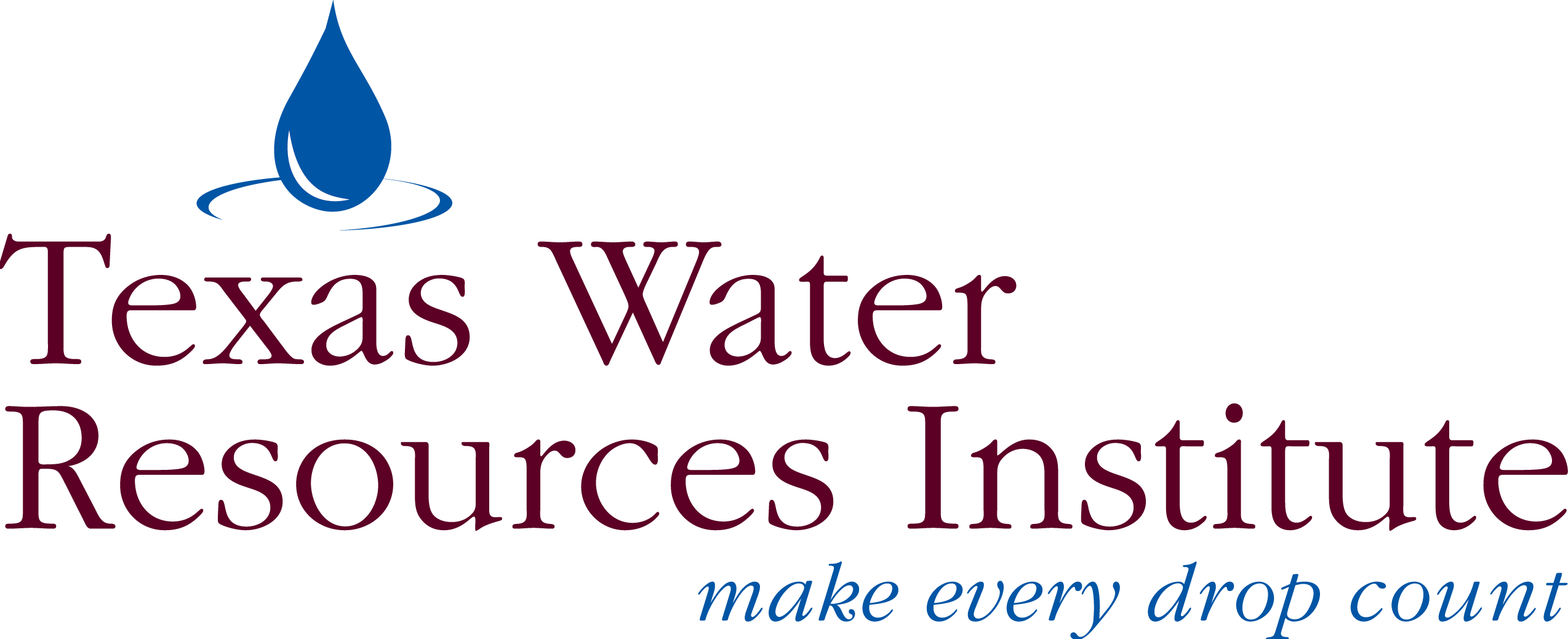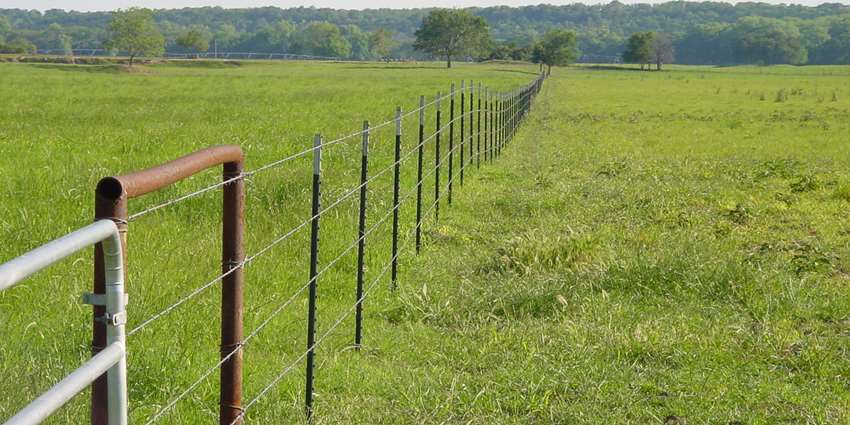The Texas Water Resources Institute (TWRI) will host an Agricultural Best Management Practices for Watershed Planning Training Oct 10. in Reisel for watershed coordinators and water professionals.
The training is set for 9 a.m.-4 p.m. at the Riesel Lyons Club, 1270 E. Frederick St.
Nathan Glavy, TWRI’s Extension program specialist, College Station, said the training costs $50 and includes all materials, a catered fajita lunch and a certificate of completion at the end of the course.
Registration is required by Oct. 8. Participants can register online or by email to nathan.glavy@ag.tamu.edu.
Glavy said agricultural best management practices are measures that help reduce the volume and pollutant load carried by surface stormwater runoff into rivers and lakes.
“This course will cover typical agricultural management measures used in watershed planning,” he said. “It will be an excellent overview for anyone interested in learning more about agricultural conservation practices for both cropping and livestock systems.”
Instructors for this course will include experts with watershed planning and agricultural conservation practices at the federal, state and local levels.
The training will also include a tour of the U.S. Department of Agriculture-Agriculture Research Service’s Grassland Research Center in Riesel to learn about on-the-ground agricultural best management practices.
Glavy encourages participants to dress casual and comfortable, as they will be walking in the field in the afternoon for the tour.
For more information, contact Glavy at nathan.glavy@ag.tamu.edu.
The training is part of TWRI’s Texas Watershed Planning program. The watershed planning program is designed for individuals interested in or responsible for watershed protection and restoration including employees and volunteers with federal, state, county and local agencies; soil and water conservation districts; universities; consulting firms; nongovernmental organizations; and watershed groups.
It is managed by TWRI and funded through a Clean Water Act Section 319(h) nonpoint source grant provided by the Texas State Soil and Water Conservation Board and U.S. Environmental Protection Agency.



